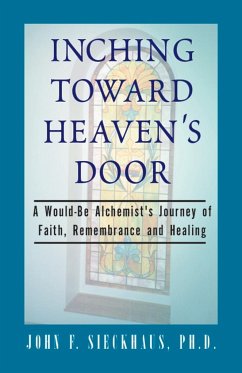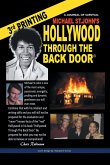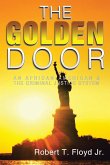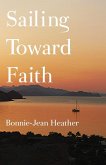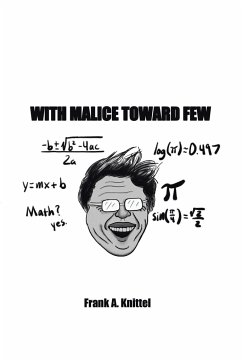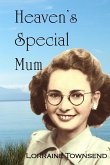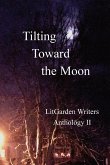There are few clues as to why a person responds to the vicissitudes of life in a given way. As John Sieckhaus states in this memoir of his own spiritual journey "some have the courage to choose life from their earliest moments of sober reflection while others opt to soothe their pain with addictions of the mind and body, some choose an early final exit and still others stay the healing course trusting that there is purpose to their lives, meaning in their suffering, and healing as the intended outcome of some higher power." The tragic slaying of his parents propels the author as sixteen year old onto a life course dictated initially by his own errant choices and the acculturations of family, tribe and society. His decision to pursue a Ph.D. in chemistry is consistent with his search for life's magic formula, the alchemist's quest for the philosopher's stone, but the first fruits of this venture are depression and a horrific encounter with his "family demons". Resort to psychotherapy and chemical dis-ease management, a therapeutic model "characterized by a patient's need to trust in the alchemical wisdom of his or her therapist," proves to be a mere palliative in a desperate striving to arrest the pain, and it is only through an encounter with the living God amidst a small band of refugees from mainline Christian churches that his journey of faith, remembrance and healing begins. John Sieckhaus tells this story with conviction and a deep sense of gratitude for God's provision of trustworthy guides and fellow travelers on the way. It was from James and Mary Baird, a couple whose decision to stand against the racial prejudices inherent in their small town culture in Baird Mississippi in the 1950s forced them to leave family, clan and culture to reach out to the hurting and the needy in southeast Asia that he learned to heed God's call in his life and to pursue his vocation with a new sense of adventure and purpose. In so doing he had to come to grips with his work as a scientist engaged in the development of weapon systems and was eventually led to challenge his company's involvement with nerve gas research and resign his position. With each step in his vocational journey the healing went deeper and finally, after staying the course for more than twenty years, the author was gifted with a revelation of his family pathology which provided the clues concerning his own responses to life. This is a story that the author was compelled to tell because the telling was an integral part of his healing journey and because, as he states in the introduction "I believe that what I have experienced and learned is not just for my own healing and spiritual growth, that perhaps it may help others walk their own path to wholeness. If this should prove to be the case for only one other person it (the telling) will have been worth the effort."

